Choosing the Right Bank: A Crucial Decision
When it comes to banking, selecting the right financial institution can significantly impact your financial well-being. Consider factors such as fees, interest rates, and customer service. Research different types of accounts offered by various banks, including checking, savings, and investment accounts. Look for a bank that aligns with your financial goals and offers the services you need.
Demystifying Forex: Understanding Major Exchange News
The foreign exchange market, or forex, plays a crucial role in the global economy. Stay informed about major forex exchange news by following economic indicators, geopolitical events, and central bank decisions. Understand how currency movements can affect your finances. Utilize reliable news sources and financial analysis tools to interpret forex news and make informed decisions in managing your assets.
The Power of Budgeting: A Blueprint for Financial Success

Creating and sticking to a budget is a fundamental step toward financial success. Start by tracking your income and expenses to identify spending patterns. Set clear financial goals, such as saving for a major purchase or paying off debt. Prioritize essential expenses and allocate a portion of your income to savings. Regularly review and adjust your budget to stay on track and achieve your financial objectives.
Smart Saving Strategies: Building a Financial Safety Net
Building a financial safety net involves strategic saving and investing. Explore different savings accounts, such as high-yield savings or certificates of deposit (CDs), based on your risk tolerance and time horizon. Establish an emergency fund equivalent to three to six months’ worth of living expenses. Automate your savings contributions to ensure consistent progress toward your financial goals.
Credit Management: Navigating the World of Credit Scores

Your credit score influences your ability to access loans, credit cards, and favorable interest rates. Monitor your credit score regularly and understand the factors that impact it. Practice responsible credit card usage by paying bills on time and maintaining a low credit utilization ratio. If your credit score needs improvement, consider strategies like debt consolidation and disputing inaccuracies on your credit report.
By incorporating these insights into your banking practices, you can enhance your financial literacy, make informed decisions, and work towards achieving your long-term financial goals.


Leave A Comment